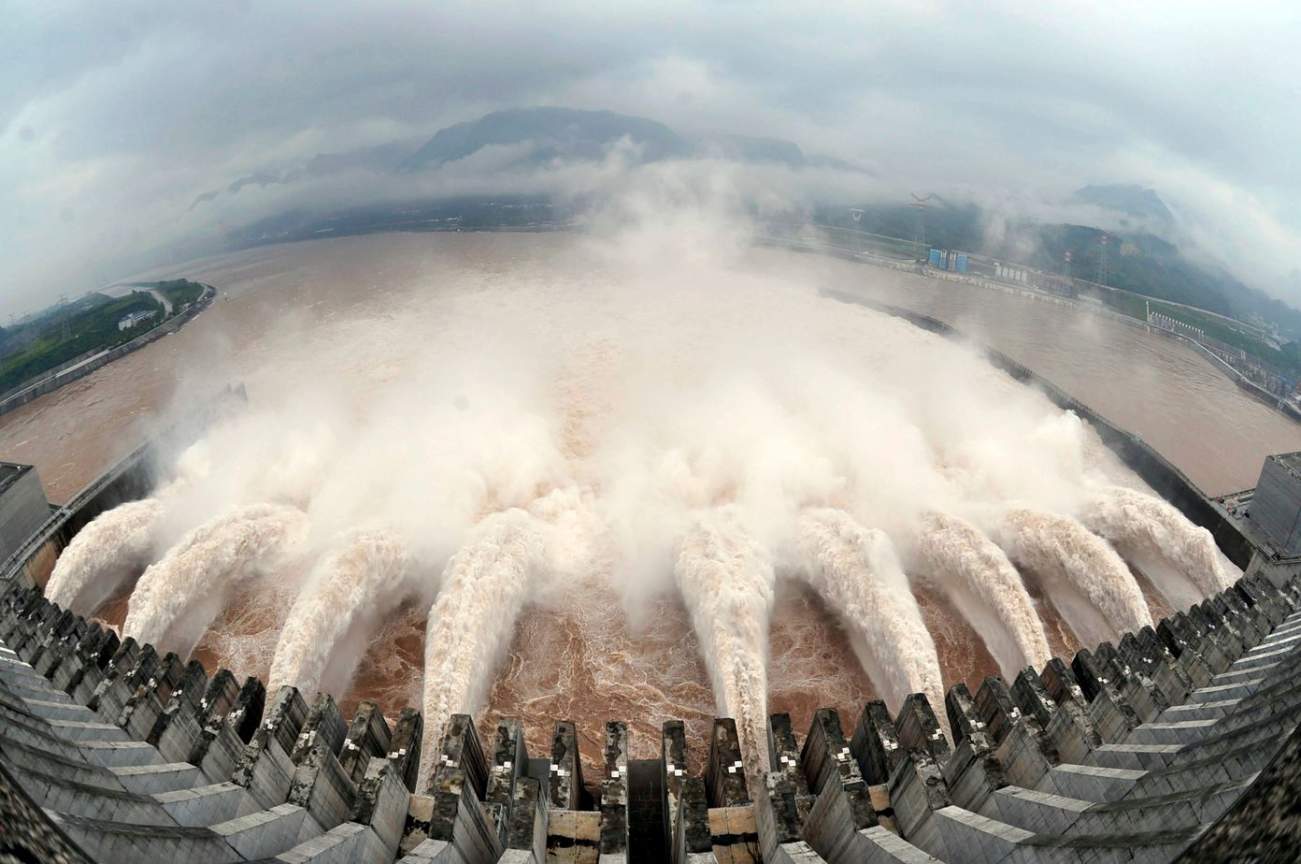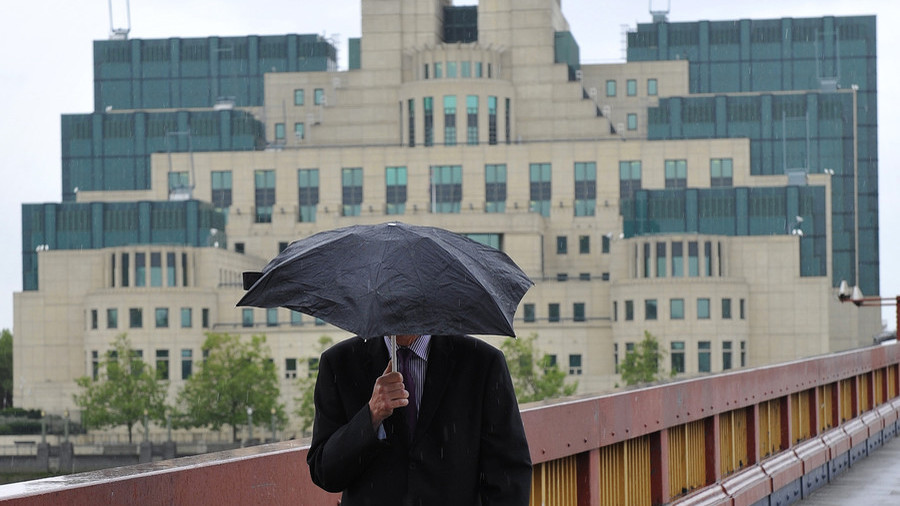 Elevated energy prices and the lack of internationally competitive exports will continue to drive Pakistan's high import bill and trade deficit.
Elevated energy prices and the lack of internationally competitive exports will continue to drive Pakistan's high import bill and trade deficit.
Spending cuts targeting development will narrow the budget deficit but at the cost of slowing growth and increasing unemployment.
New Prime Minister Imran Khan's great challenge will be to balance his impassioned populism with a pragmatism required to govern Pakistan.
As Prime Minister Imran Khan tries to set a new direction for Pakistani politics, his administration is urgently seeking to resolve the country's most serious macroeconomic challenge: boosting its dwindling foreign exchange reserves. As of Sept. 7, the State Bank of Pakistan's net reserves remained beneath $10 billion. That's less than the three-month import cover recommended by the International Monetary Fund (IMF), fueling speculation that Khan will turn to the U.S.-based organization for a bailout. Indeed, Finance Minister Asad Umar has unveiled a series of measures targeting the widening budget deficit ahead of an IMF delegation visit to Islamabad on Sept. 27. These measures include cutting more than $2 billion in planned development spending, doubling the tax rate on the highest income earners to 30 percent and hiking tariffs on 5,000 nonessential imports.






/arc-anglerfish-arc2-prod-mco.s3.amazonaws.com/public/QQLHI3J2EBHOTP6TGQPGRUSUPQ.jpg)







/arc-anglerfish-arc2-prod-mco.s3.amazonaws.com/public/CRTVM3AGGVGLRK3RVMGRSMMAUE.jpg)

